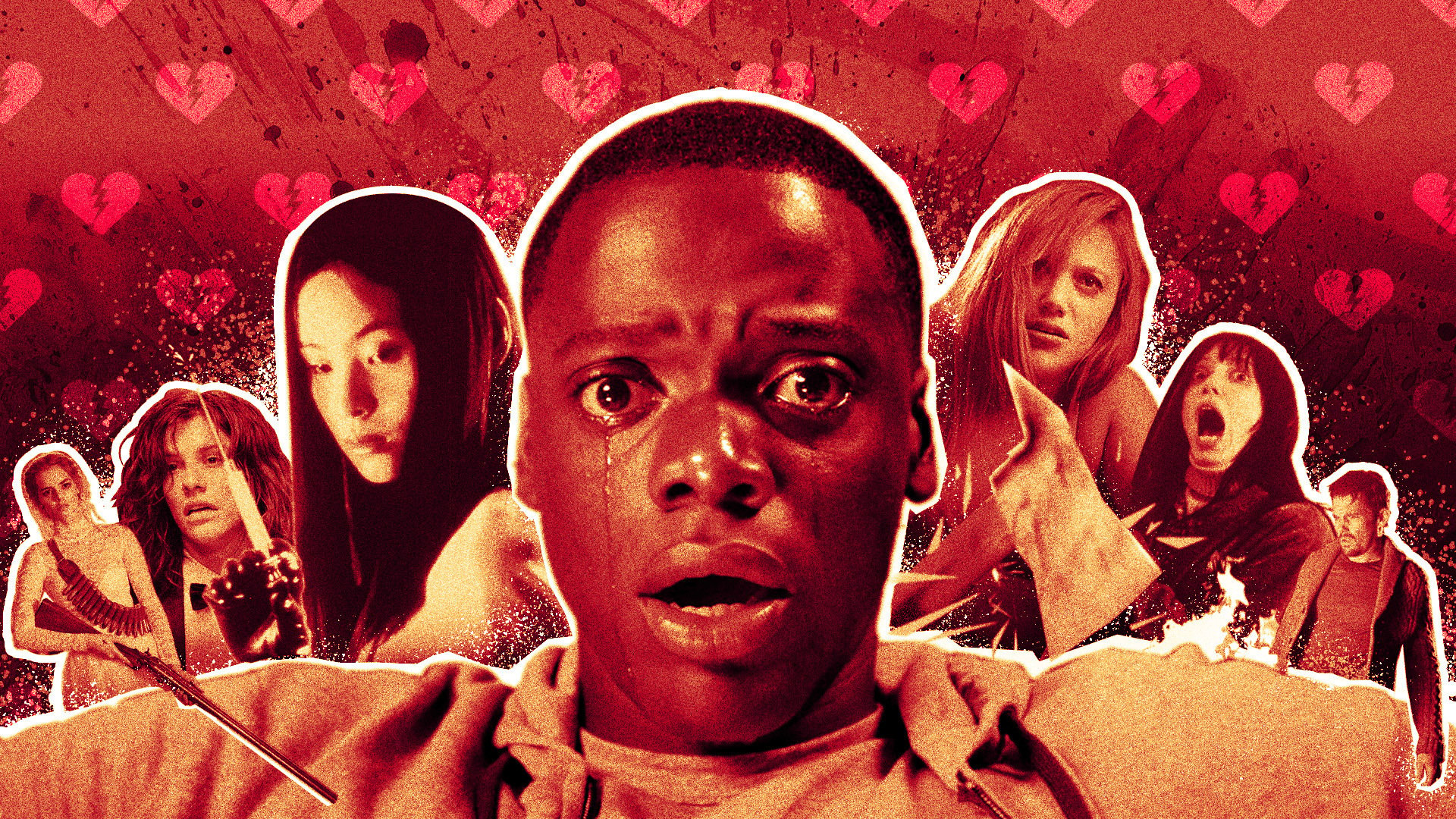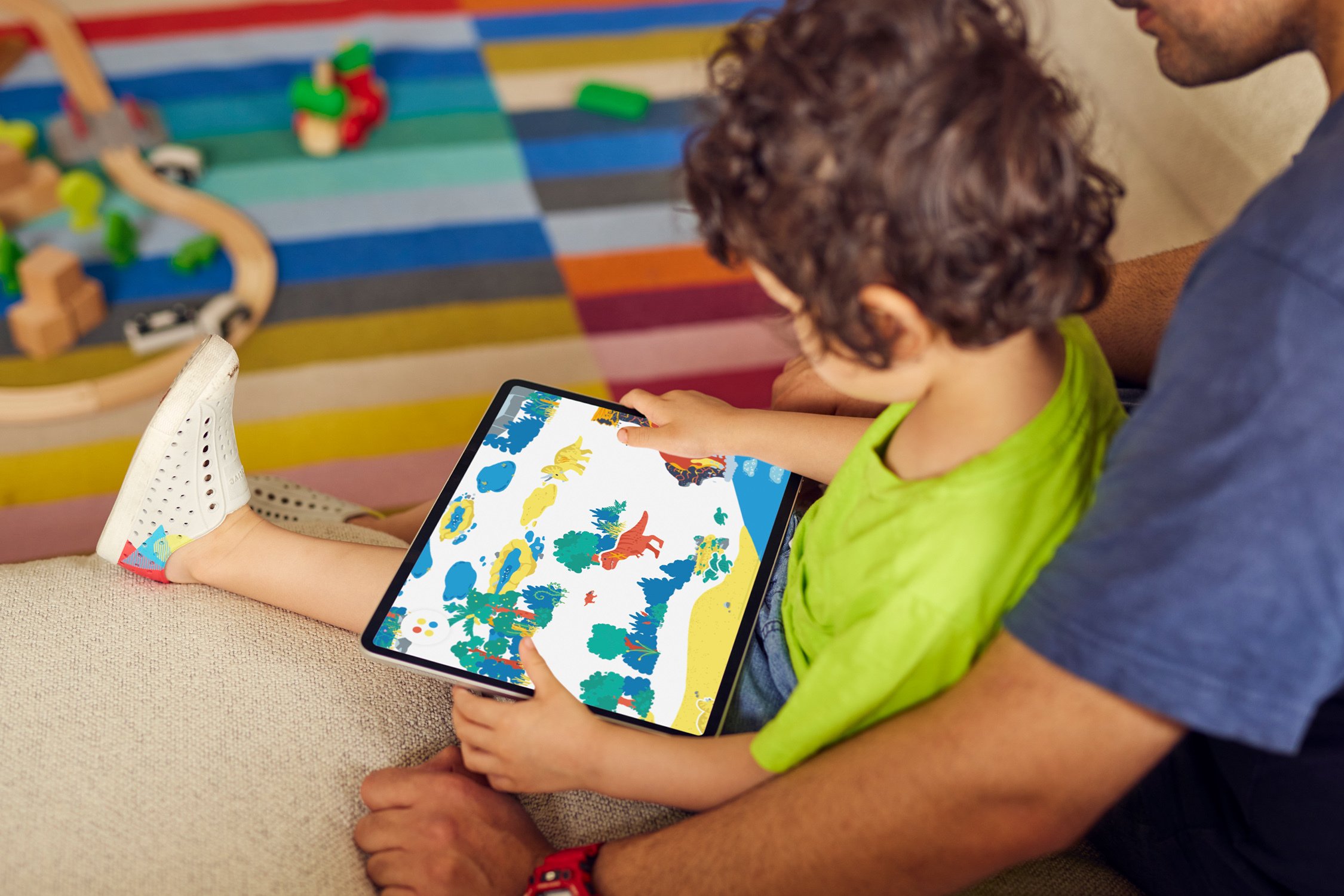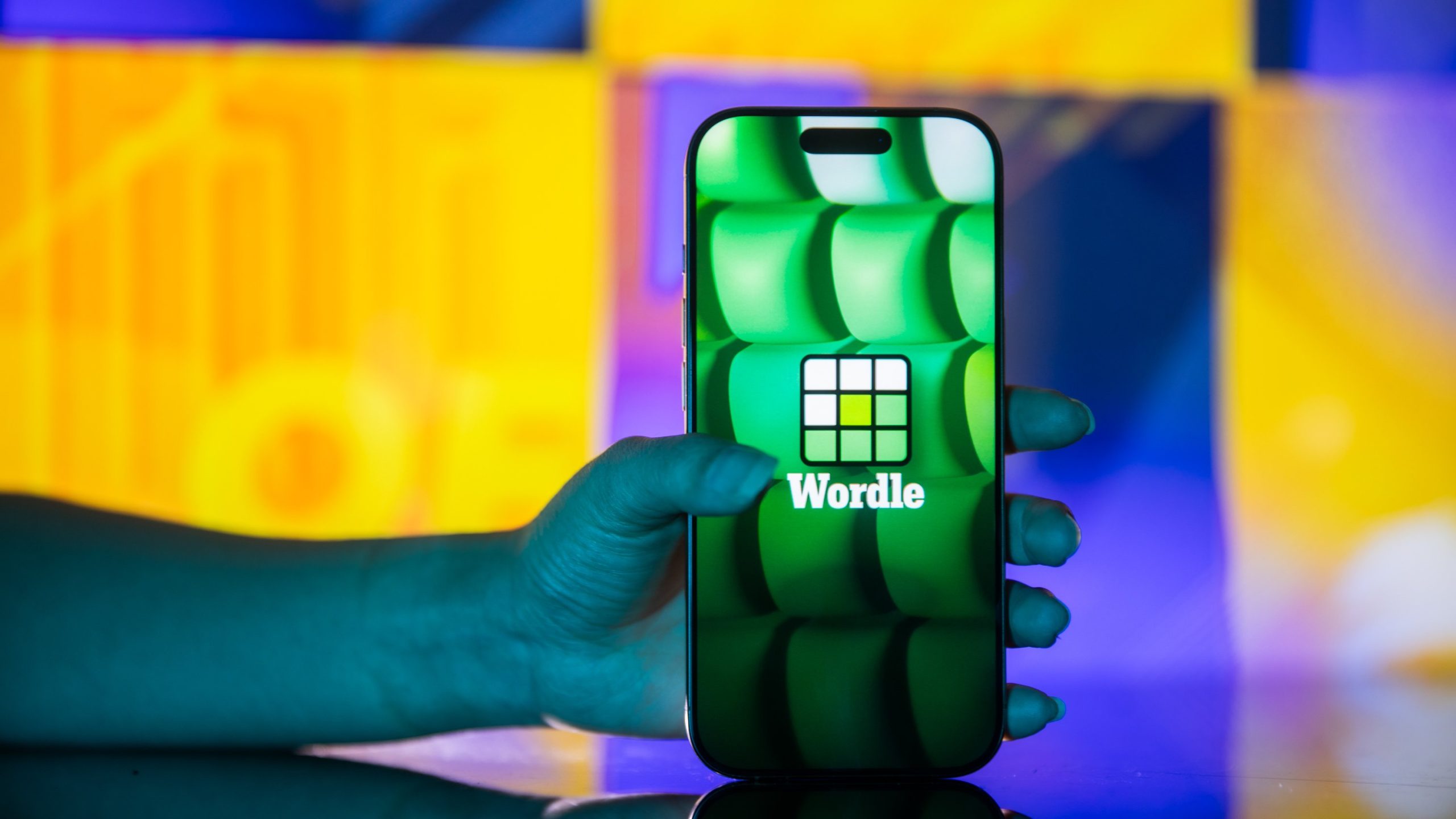Are great app-spectations killing your morale? Heres how to change your mindset.

It doesn’t matter where you are or who you’re talking to — if the conversation you’re in turns to dating, it’s only a matter of time before somebody says those seven little words we’ve all heard before: “Everyone meets on the apps these days.”
But saying it doesn’t make it so, and the pressure that you’re putting on yourself to conform to that which isn’t true could be turning you off dating altogether. After all, the apps aren’t for everyone. And these great dating app expectations (app-spectations, if you will) are liable to result in feelings of low self-esteem, vulnerability, and a vicious cycle of desperation fed by perceived rejection that gets you nowhere good. Mashable asked experts for tips to shed these “app-spectations,” and change your dating mindset.
Don’t hate the dating game, change the way you play it
If you think using the apps is the most effective way to date, and you’ve begun to hate them, it stands to reason that soon you’ll start hating dating altogether. But I covered in a previous article, dating apps probably don’t work quite as well as you think they do.
A rolling YouGov survey (with the latest results at the time of writing being from June 2025) found that nine percent of Brits met their current or most recent partner on a dating app. That’s more than, say, through family (four percent) or through a shared hobby (also four percent), but less than ways like through mutual friends (15 percent), through work (17 percent), and in passing while out at a cafe, pub, or similar (10 percent).
These figures indicate that the apps are certainly a significant part of the dating scene, but they are by no means the be-all and end-all of finding love. If you’re beating yourself up for not finding your soulmate on Hinge, your mental wellbeing is at risk over a misconception.
A 2024 survey by Forbes Health found that 78 percent of people felt dating apps had “emotionally, mentally, or physically exhausted” them “sometimes, often, or always”. The biggest reason why? Forty percent of those surveyed said it was not being able to find a quality connection.
Yes, it can be rough out there. Even if you’ve been having a great time on the apps, keeping your self-esteem topped up while you swipe is a challenge. Integrative counsellor Fran Roberts tells me that she’s seen it before with lots of her clients. “The daily rejection from random strangers can knock even the strongest of people,” she adds, “and any insecurity you do have becomes the reason why you can’t meet someone or make them stay.”
So, trying to force your way into making dating apps work for you while not having a great time is a recipe for a well-being disaster.
Therapist Shikainah Champion-Samuel says that feelings of low self-esteem can lead to a vicious swiping cycle. “Contrary to what society would have you believe,” she explains, “success on a dating app does not lead to lifting your mood and self-worth. It is probably the other way around. If you have healthy self-esteem, you are more likely to make good decisions while swiping on the app, rather than ones based on your emotional state.”
Ammanda Major, who’s the clinical quality director for the relationship counselling charity Relate, says that feeling rejected — which can happen at speed on lots of dating apps purely based on how they function — causes lots of people to act and feel more and more desperate to make the apps work as well as they think they should. And desperation is not exactly a turn-on. “So it becomes a self-fulfilling prophecy,” Major explains.
Champion-Samuel warns against the point where you start experiencing an “inward critical dialogue.” If you’re finding yourself thinking things like “I’m not attractive enough,” “I’ll never find love,” or “If it’s working for others and not me, there must be something wrong with me,” then it might be time to quit the apps while you work on feeling better about yourself.
Otherwise, you’re liable to end up in “a downward spiral of low mood and feelings of worthlessness,” as Champion-Samuel puts it. “In that kind of vulnerable state, such people are more likely to fall prey to unscrupulous characters on the next dating app they try.”
You might be thinking about the apps too much
As Paul Brunson, Tinder‘s global relationship expert, puts it: “Dating apps give us the chance to meet new people, but they don’t promise a fairy tale. If we can shift our mindset from pressure to potential, we can see dating as an opportunity for fun and growth.”
The apps are simply a tool to be used at your discretion. Maybe that tool works for you, or maybe it doesn’t. Either way, you don’t have to use them to find love in 2025.
Instead, you could strike up a conversation with someone at a bar or ask a friend to set you up with one of their pals. If you’re shy about approaching someone in public, you could even reach out to a crush on social media. You could try IRL events for singles like speed dating, which are rising in popularity again and are often specifically designed to help you break the ice.
How to manage your dating app expectations
Aside from diversifying your dating, it’s possible to keep using apps with a healthier mindset.
It’s important not to get tied up in knots over the opinions of others, Brunson points out. He explains, “It’s important not to let rejection define you. The key is to stay true to yourself and not tie your value to someone else’s preferences.”
Don’t stress to find perfection, he says. “When you approach it with the mindset of ‘this is a journey, not a sprint,’ it’s a lot more enjoyable,” he adds. “Remember, dating apps give you access to a world of possibility — it’s about staying open to the experience, not just the end result. Sometimes, the best connections come when we stop forcing them and just let things unfold.”
Roberts, who’s a Counselling Directory member, suggests trying not to take your app chats “too seriously” until you’ve actually met IRL. “If someone does ghost or unmatch you,” she adds, “remember [the differences between] fact and fiction. The fact is you have been ghosted, the fiction is any reason you come up with.”
She also recommends accepting that we are all simply “a bunch of strangers online hoping that someone is going to like us.”
Major has similar words of wisdom, saying: “Another way to look at it is [by thinking,] ‘These people don’t know me, so how can they reject me?’ I think it’s about hanging on to the bit that is real, because so much of this isn’t real.”
What is real is that there are countless other great and fun ways to meet people. What is a fact is that forcing yourself to date in a way that doesn’t suit you messes with your chances of finding love in the first place.
Bullying yourself over not being able to find a relationship on an app is like trying to make yourself feel bad for disliking left-handed scissors. Sweetheart, you might simply be right-handed.
Mashable






